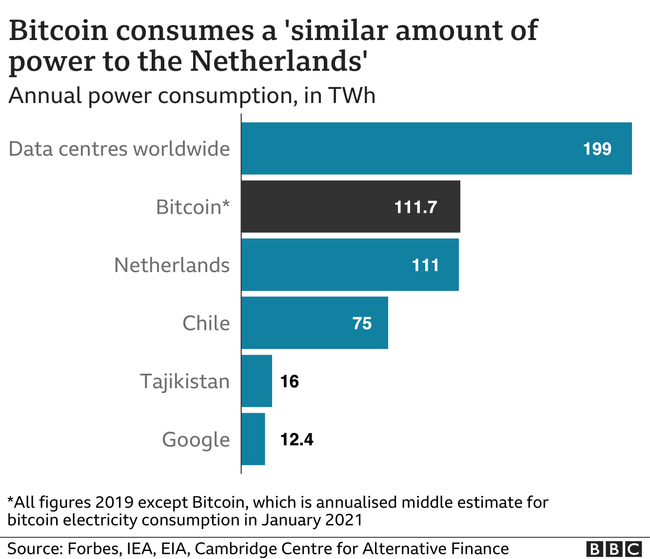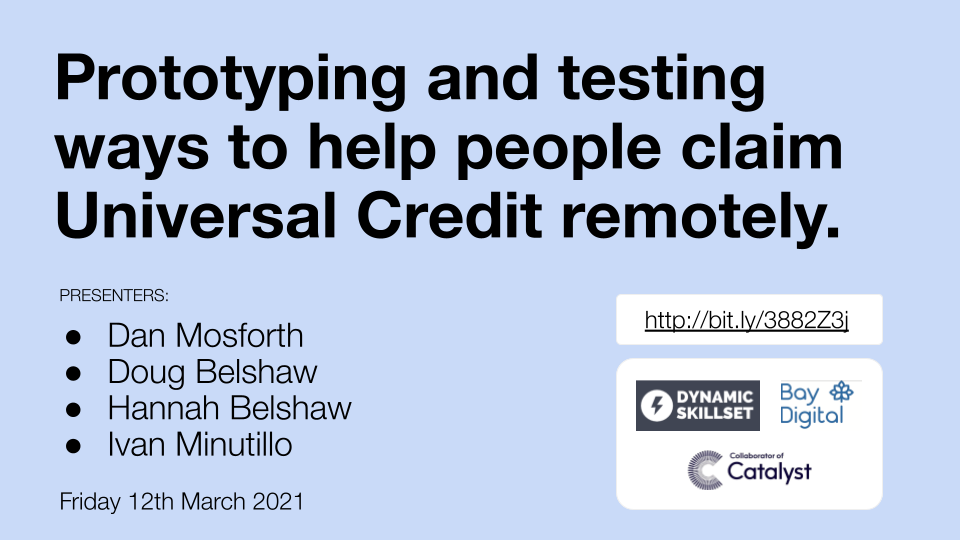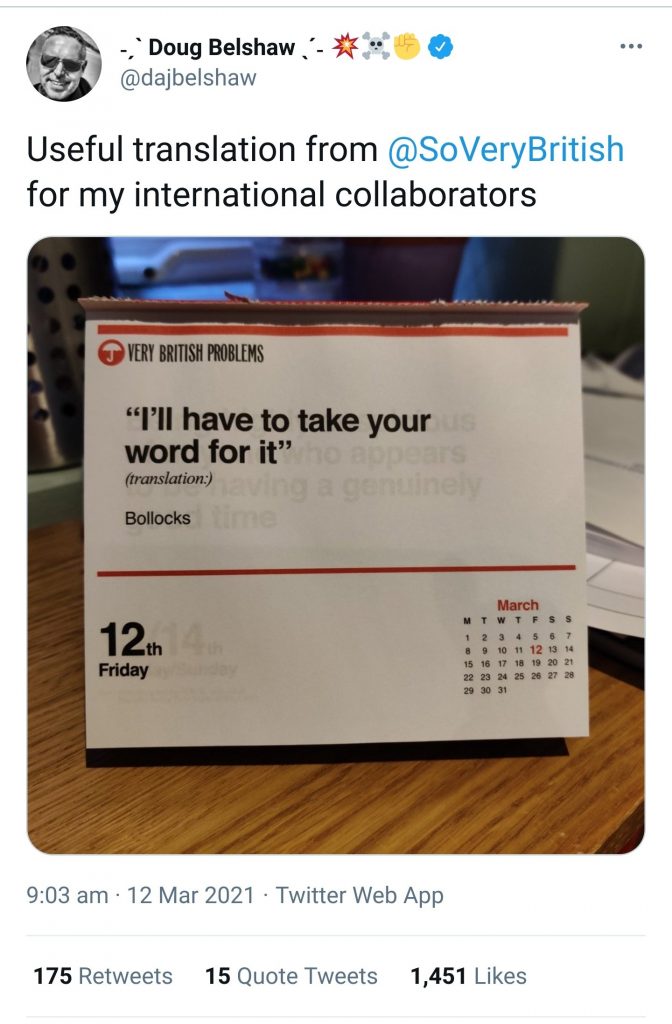Weeknote 11/2021

The biggest and most unexpected news in my life this week was receiving a COVID vaccine. I had been contacted by the NHS by text message, and had booked an appointment for April, but then was called on Wednesday morning and asked to go that very day.
I’m asthmatic, and was in childhood, and then again from age 27. It’s well-managed, though, and doesn’t stop me from (usually) leading a reasonably-active lifestyle. As a result, it felt a little like receiving some kind of golden ticket.
While I can’t complain about getting the vaccine, I had planned to receive it on a Friday afternoon. This is because I know how I usually feel after receiving my annual flu jab, and I didn’t want it to interfere with my working week. Sure enough, I felt rough on Thursday and Friday. I’ve also got a bad back (still!) but I’m trying not to grumble.
This has been Week 10 of the Catalyst-funded Universal Credit programme I’m project managing, and Week 5 of the Definition programme I’m working on with my co-op colleagues. With the former, we’ve just a week left (bar any continuation funding) so we’re wrapping up our prototype work and focusing on reporting/handover. With the latter, we’re helping the charities get ready to create their ‘Minimum Lovable Product’ (MLP) and then test it with their target audience(s).
Other than some business development, it’s been Catalyst all the way this week for the ~23 hours of paid work I did. I read an article in Fast Company this week about the 25-hour work week and how it’s the future. Well, right now it’s the reality for me. I’m not sure, to be honest, where the 37.5 or 40-hour work week comes from. I average about 5 hours per day and, as I’ve said many times before, four hours of that is solid knowledge work and the other is admin.
I’m still reflecting on just what my response should be to the ‘Deep Adaptation’ paper I wrote about recently. My concern is that it feels like a potentially-valid response to throw your hands in the air and double-down on things that maximise both hedonism and killing the planet.
That’s not what I feel like doing. I feel like minimising my impact on nature. As an educator (by training) and a technologist (by interest) I feel that I should not only make some changes to my digital life, but encourage others to do likewise. I’m struggling a little to know exactly what to do, but I’ve been checking out Low-tech Magazine’s solar powered website, and outside of work I’m using some older, lower-powered tech. It doesn’t feel like enough, though.
I think I might need a break from writing Thought Shrapnel for a bit. It’s devolved into me just sharing links via blog posts which then get packaged up into a weekly newsletter. Last week, I just shared a couple of posts I’d written on this blog instead. What I probably need, like most people, is a holiday to get away from the home in which I live and work.
Next week I’ve scheduled a couple of days off, but I may need to move things around due to the requirements of the projects I’m working on. Right now, I feel like I’d like to go and pitch my tent somewhere with some nice scenery for a few days, do some walking, and cook on a Trangia. It won’t be long before all that’s possible, I suppose.
Photo taken by me on Wednesday.




